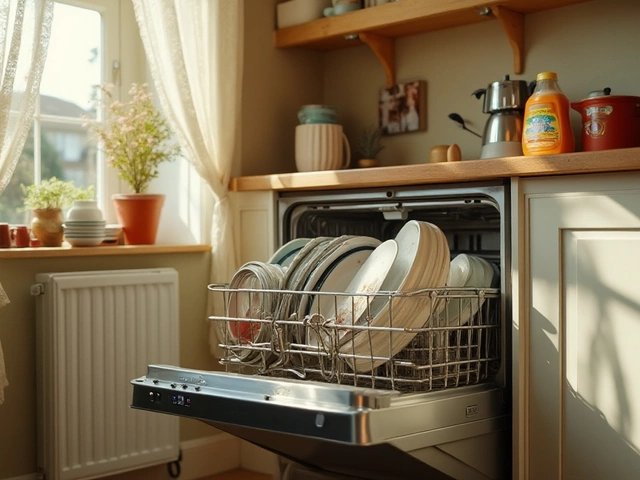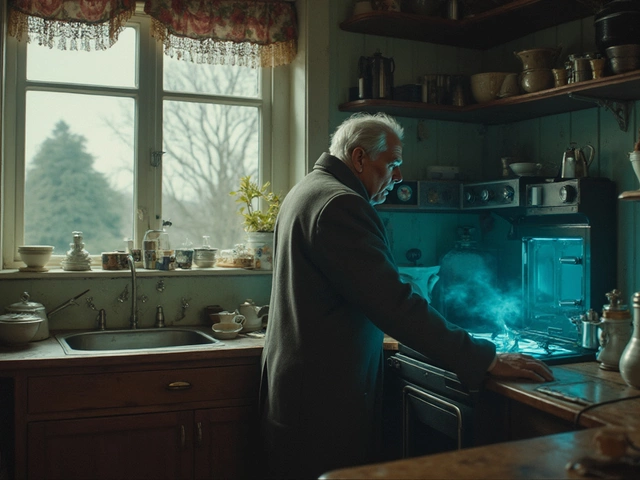Durable Home Appliances: Choosing Gear That Stands the Test
Ever bought an appliance, only to watch it quit after a few months? You’re not alone. The trick isn’t magic—it’s about knowing what to look for, how to care for it, and when a repair makes more sense than a new purchase.
What Makes an Appliance Durable?
Durability starts with the parts. Stainless‑steel bodies, solid‑state controls, and well‑made motors tend to outlast cheap plastic shells and cheap electronics. Look for manufacturers that use sealed bearings in washers, copper coils in fridges, and reinforced glass in hobs.
Brand reputation matters, but it’s not the whole story. A well‑reviewed model can still have a weak point—like an oven that frequently overheats or an extractor fan that clogs quickly. Our own post on Common Fridge Failures shows that a faulty thermostat is a common culprit, so pick models with reliable temperature sensors.
Energy ratings give a hint about component quality, too. High‑efficiency appliances often use better compressors and insulation, which means fewer breakdowns. When you compare two dishwashers, the one with an “A+” rating usually has a stronger pump and a smarter control board.
Extend Life: Simple Maintenance & Repair Tips
Even the toughest machine needs occasional TLC. For a fridge, clean the coils every six months—dust makes the compressor work harder and can lead to the “not cooling” problem we cover in our freezer guide.
Washing machines love a clean filter. A blocked lint trap is often the reason a washer won’t spin, as detailed in the Most Common Washing Machine Failures article. A quick rinse and a wipe of the rubber seal can add years.
Glass hobs crack when they get hit hard or experience rapid temperature changes. If you notice a chip, don’t ignore it. Our Glass Hob Repair Costs piece explains that fixing a small crack is cheaper than a full replacement, but you need to act fast to avoid shattering.
Extractor fans are the unsung heroes of kitchens and bathrooms. Dust and grease build‑up cause motors to overheat. A simple monthly clean‑out of the grill and a check of the wiring can keep the fan humming. If the motor stalls, our Extractor Fan Repair guide walks you through a quick motor swap.
When a repair cost starts to look like a new price tag, weigh the appliance’s age. A 15‑year‑old oven, for example, often costs more to fix than to replace, as we explain in the Should You Repair a 15‑Year‑Old Oven? article. Use the “50% rule”: if repair costs exceed half the price of a comparable new model, it’s time to replace.
Finally, don’t forget professional help. A trained technician can spot hidden issues—like a failing boiler valve—that a DIY fix might miss. Our team at Rugby Appliance Repair Services offers same‑day service, honest quotes, and guarantees on all work.
Choosing durable appliances, keeping them clean, and knowing when to call a pro will save you money and hassle. Ready to give your home a boost? Contact us today and let our experts keep your appliances running like new.






